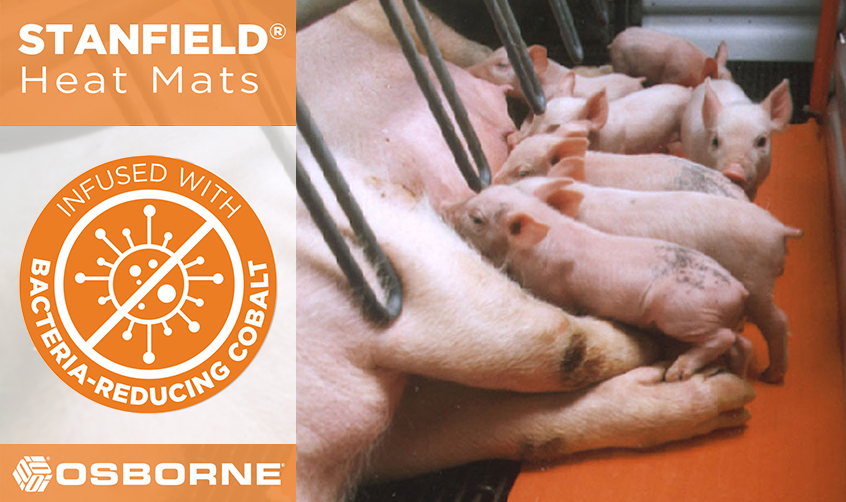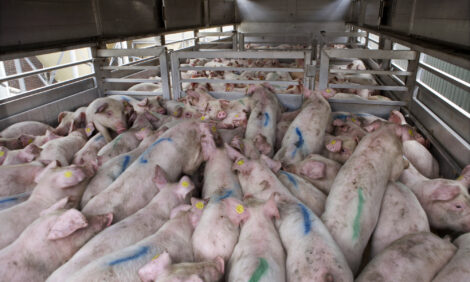



Ministry Presses for Welfare and Hygiene Changes
BRAZIL – Recent government efforts to improve animal welfare at transport and slaughter have been updated with a recent announcement of a new meat labelling scheme.The government hopes the labelling initiative will satisfy a partnership between the Ministry of Agriculture and the World Society for the Protection of Animals.
In 2008 the government signed the development of the National Humane Slaughter Agreement and by adapting slaughterhouse building regulations, training 4450 industry professionals and on-site consultancy the programme has worked to improve the handling of animals for slaughter.
Overriding Brazilian welfare legislation comes from a joint EU and Brazil agreement that shaped policy to improve animal welfare in the country from birth to slaughter.
Treatment and conditions of animals during haulage are included in the legislation. Stress on the animal is to be reduced by resting for 6 to 24 hours before slaughter allowing for recovery and consequently more accurate inspection by the veterinarian before slaughter.
This will both ensure product quality and appropriate monitoring and will be certified by the Federal Inspection Service (SIF).
Hygiene and safety protocols are to be brought in to reduce the risk of transmission of rabies, anthrax, tetanus etc. during the slaughter process.
The SIF seal will be the stamp of approval to the consumer and guarantee that standards have been met.
The government insist that the SIF quality seal adds value to the product due to welfare and hygiene assurance and is therefore a worthwhile investment.
But despite an array of national agreements, the Ministry of Agriculture has stressed that states and municipalities have full autonomy on welfare legislation and practice carried out in the country’s 277 cattle and 126 pig abattoirs.
Warnings have been issued over violations described in statute No. 3/2000 which will be met with penalties for improper practice, the government has said.
Surveys last year found 94 per cent of 75,020 meat products sampled were compliant with standards laid out by the SIF. Any products that fail inspection are discarded.









